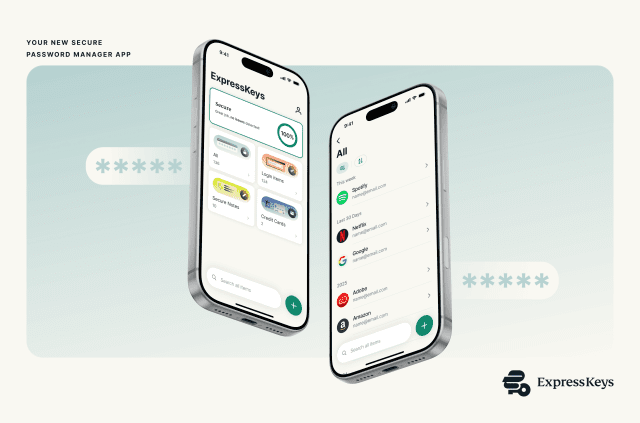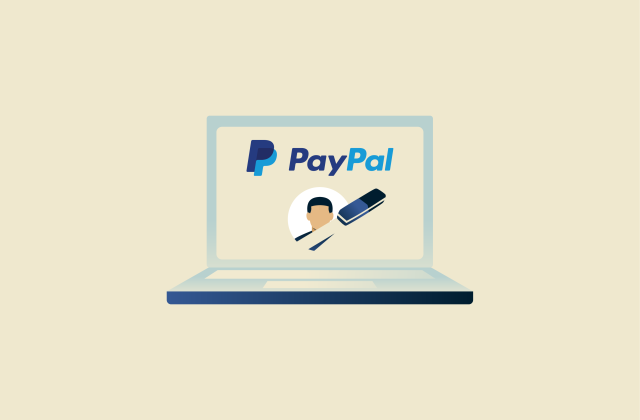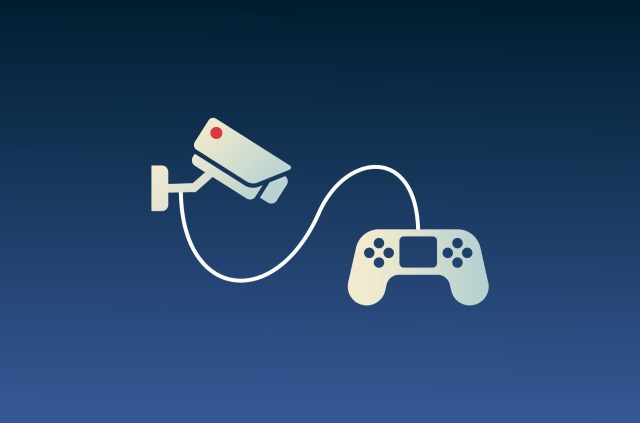ExpressVPN-blog
Hét adres voor het laatste nieuws over privacy, ExpressVPN en praktische handleidingen

Laatste berichten
-

Maak kennis met ExpressKeys, een nieuwe plek voor je wachtwoorden
Je verbinding en je inloggegevens hebben verschillende doelen. Nu hebben ze ook hun eigen apps. Keys was jarenlang een vertrouwde functie binnen de ExpressVPN-app. Nu maakt Keys de volgende sta...
-

Hoe stap voor stap je PayPal account definitief verwijderen
Als je klaar bent om PayPal niet meer te gebruiken, is het permanent verwijderen van je account eenvoudig, maar het is belangrijk om het op de juiste manier te doen om later problemen te voorkomen. In...
-

Hoe pop-up reclame op Android blokkeren (stapsgewijze gids)
Als er plotseling reclame verschijnt wanneer je je telefoon ontgrendelt, tussen apps schakelt of op internet surft, is er iets in je systeem dat ze binnenlaat. Pop-ups kunnen afkomstig zijn van apps d...
Uitgelicht
Alles bekijkenUitgelichte video
-

Top 10 videogames die je kijk op privacy zullen veranderen
https://www.youtube.com/watch?v=7uOfHGT5p4w Als je van online gamen houdt en geïnteresseerd bent in privacy, bekijk dan deze videogames over hacken, cyberbeveiliging en surveillance. Ze zijn niet all...







